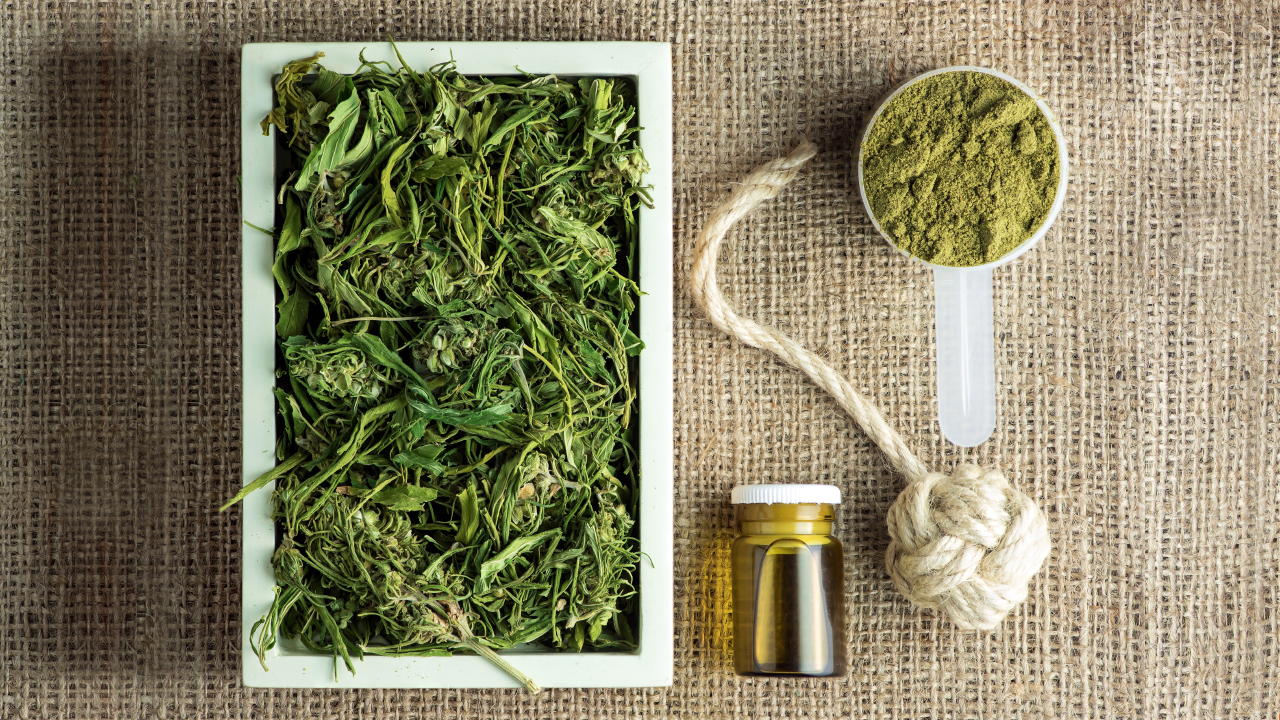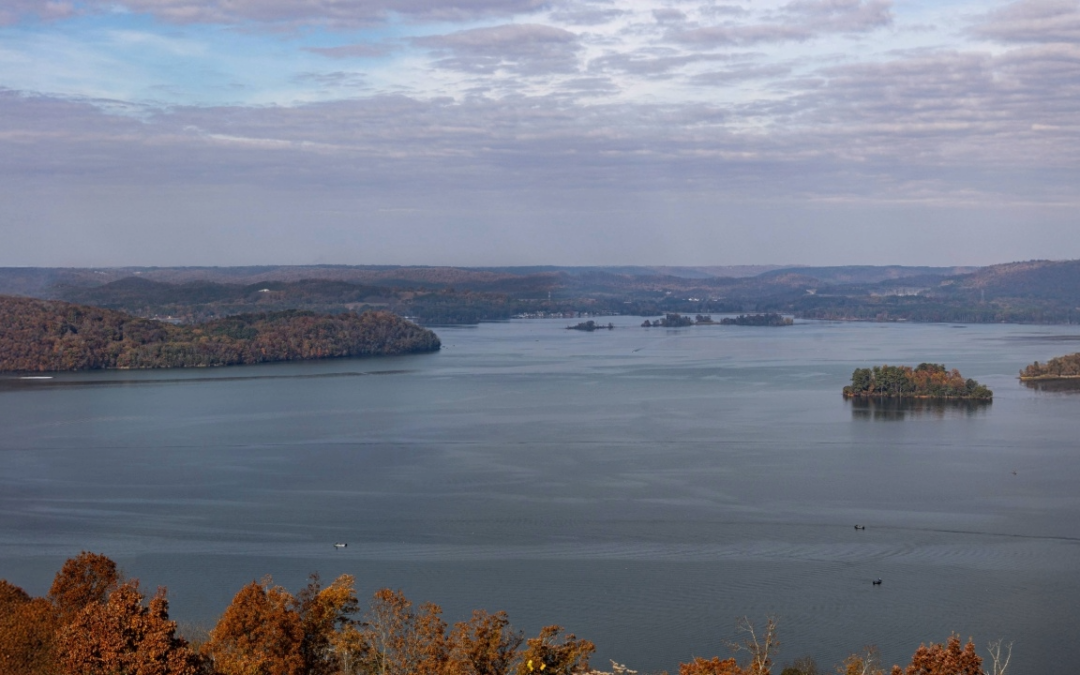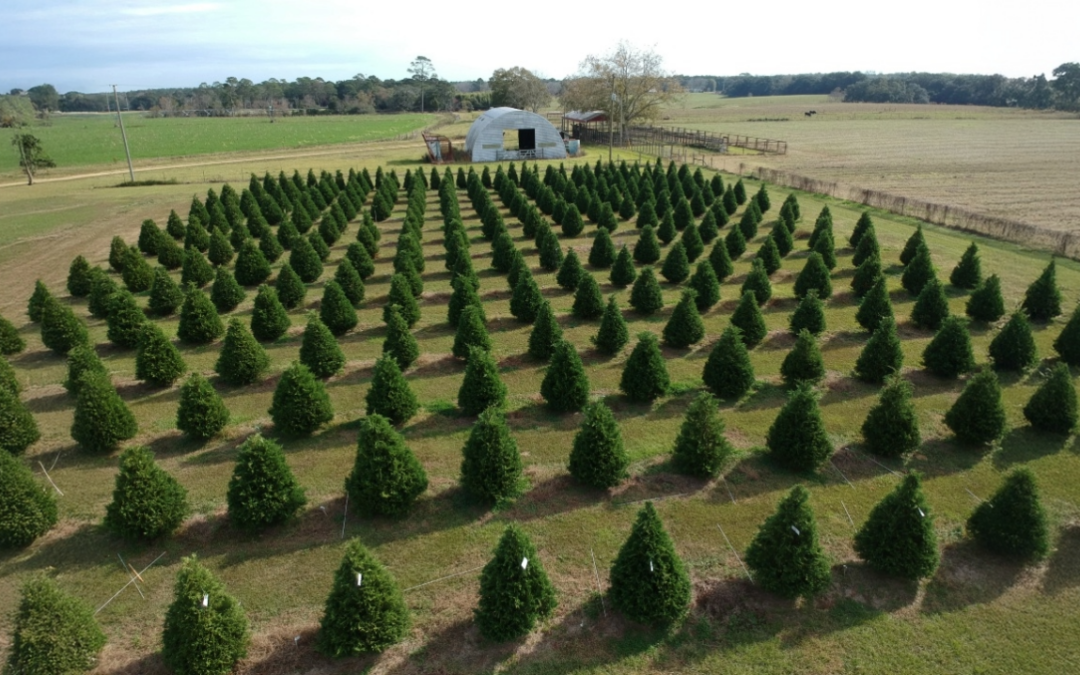By Maggie Smith / Feb 5, 2019 2:26:58 PM
News
In the seven weeks since President Trump signed the 2018 farm bill into law, hemp hype has run rampant across the nation, fueled by the legislation’s legalization of industrial hemp production in the U.S.
If the deluge of hemp-related calls that Alabama Agricultural Experiment Station, Alabama Cooperative Extension System and state agriculture personnel are fielding is any indication, interest in planting, growing and marketing industrial hemp is high among Alabama producers.
Now, farmers in the state can find answers to the most frequently asked questions about the law online in “Alabama Industrial Hemp Production FAQs, 2019”—a highly informative document that Dale Monks, director of outlying AAES units, worked with Extension and the Alabama Department of Agriculture and Industries to develop.
“These FAQs have been fully vetted with the department to make sure they are accurately answered,” Monks said. “The questions and answers are current as of Jan. 31, but interested growers need to continually check, because this is a very fluid situation. The information here will be updated accordingly.”
Industrial hemp, which the 2018 farm bill removed from the list of controlled substances, is defined as cannabis plants that contain less than 0.3 percent of the psychoactive compound tetrahydrocannabinol, or THC. An industrial hemp crop can be harvested for its fiber, seed and oils only.
Monks said farmers hoping to plant a commercial hemp crop this spring will have to be patient.
“Planting outside of the (state’s) pilot research program won’t be legal until USDA has written, published and adopted the rules and regulations for industrial hemp production,” he said. “That could take as long as a year, especially if we have another government shutdown.”
Pending final federal regulations, the Alabama Industrial Hemp Research Program Act of 2016 remains in effect. Eligible Alabama farmers and universities interested in growing industrial hemp for research purposes in 2019 have until Feb. 22 to apply through the Alabama Department of Agriculture and Industries.
A link to the FAQs can be found on the AAES website at aaes.auburn.edu/research-topics.





